2020 Teacher Seminars, Spotlight on the Teacher Seminar Summit at Gettysburg
Posted by Gilder Lehrman Staff on Tuesday, 11/19/2019
Registration for the 2020 Gilder Lehrman Teacher Seminars is now open!
New this year is the Teacher Seminar Summit at Gettysburg College, July 19–22, 2020.
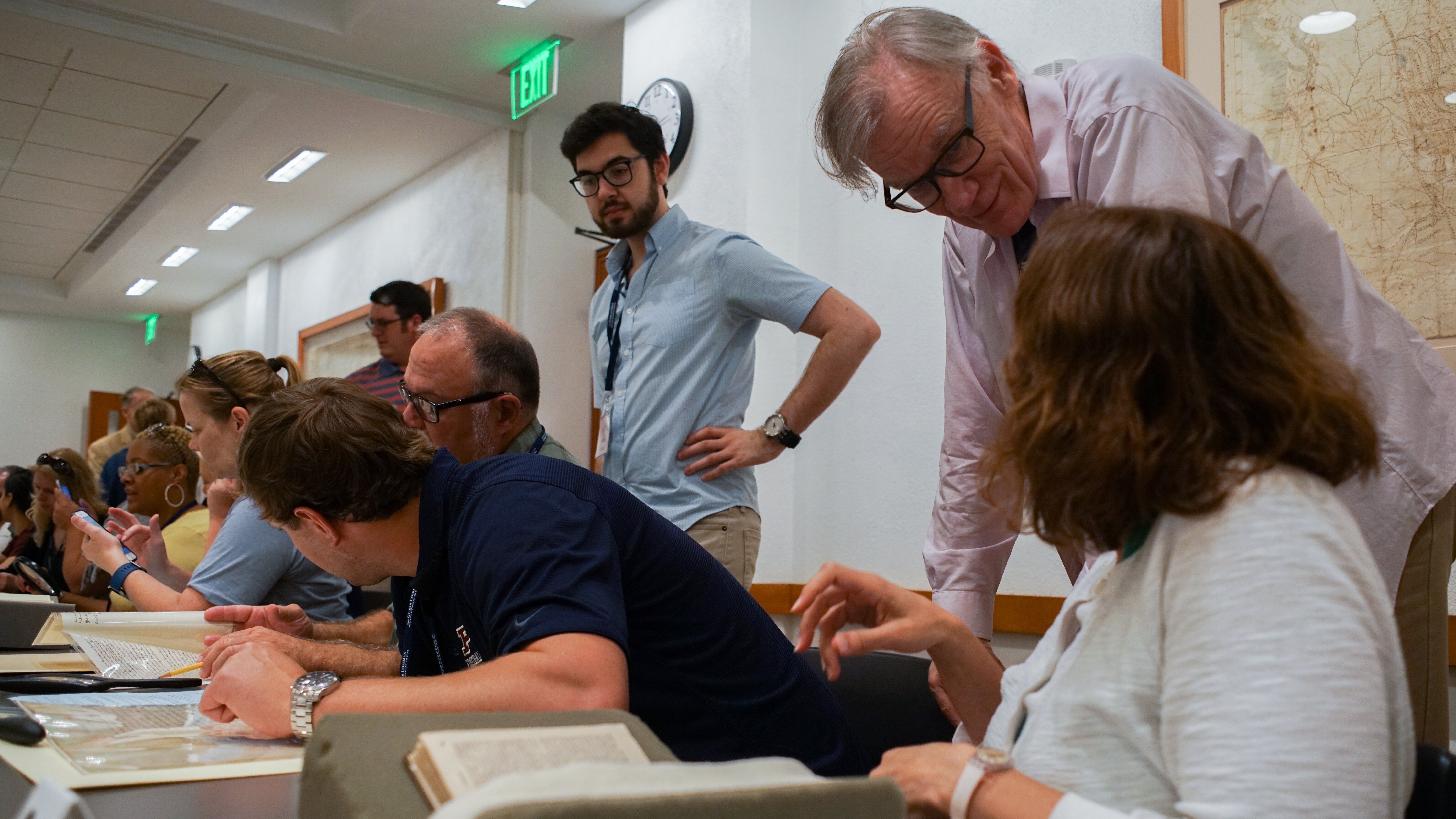 During this inaugural Summit the Institute will offer twelve concurrent seminars ranging from the colonial era through the twenty-first century. The Summit is expected to serve more than 400 teachers. Each attendee will participate in a seminar with a lead scholar and master teacher, and will have the opportunity to attend book talks where they can hear eminent historians discuss their major work. This unique format will also give all participating teachers a chance to network with each other.
During this inaugural Summit the Institute will offer twelve concurrent seminars ranging from the colonial era through the twenty-first century. The Summit is expected to serve more than 400 teachers. Each attendee will participate in a seminar with a lead scholar and master teacher, and will have the opportunity to attend book talks where they can hear eminent historians discuss their major work. This unique format will also give all participating teachers a chance to network with each other.
Together, the twelve scholars at the Teacher Seminar Summit have won five Lincoln Prizes, three Bancroft Prizes, two Frederick Douglass Book Prizes, a George Washington Prize, a Gilder Lehrman Prize for Military History, a Pulitzer Prize (with another scholar being a finalist for the Pulitzer), a Los Angeles Times Book Prize, two nominations for the National Book Award for Nonfiction, and a dozen prizes awarded by such professional organizations as the Society of American Historians, the Organization of American Historians, and the American Historical Association.
2020 Teacher Seminar Summit Course are
Everyday Life in Colonial America with John Demos, Samuel Knight Professor of History Emeritus, Yale University
Participants will explore central themes and questions related to everyday life during the colonial period of American history (roughly 1600–1775).
Revolutionary America with Denver Brunsman, Associate Professor of History, The George Washington University
This seminar begins by considering the place of the thirteen American colonies in Britain’s Atlantic empire, proceed to study why American colonists resisted British efforts to reform their empire after winning the Seven Years’ War, and trace the agonizing decision by the Second Continental Congress to declare American independence.
Native Americans in American History with Colin G. Calloway, John G. Kimball, Jr. 1943 Professor of History and Professor of Native American Studies, Dartmouth College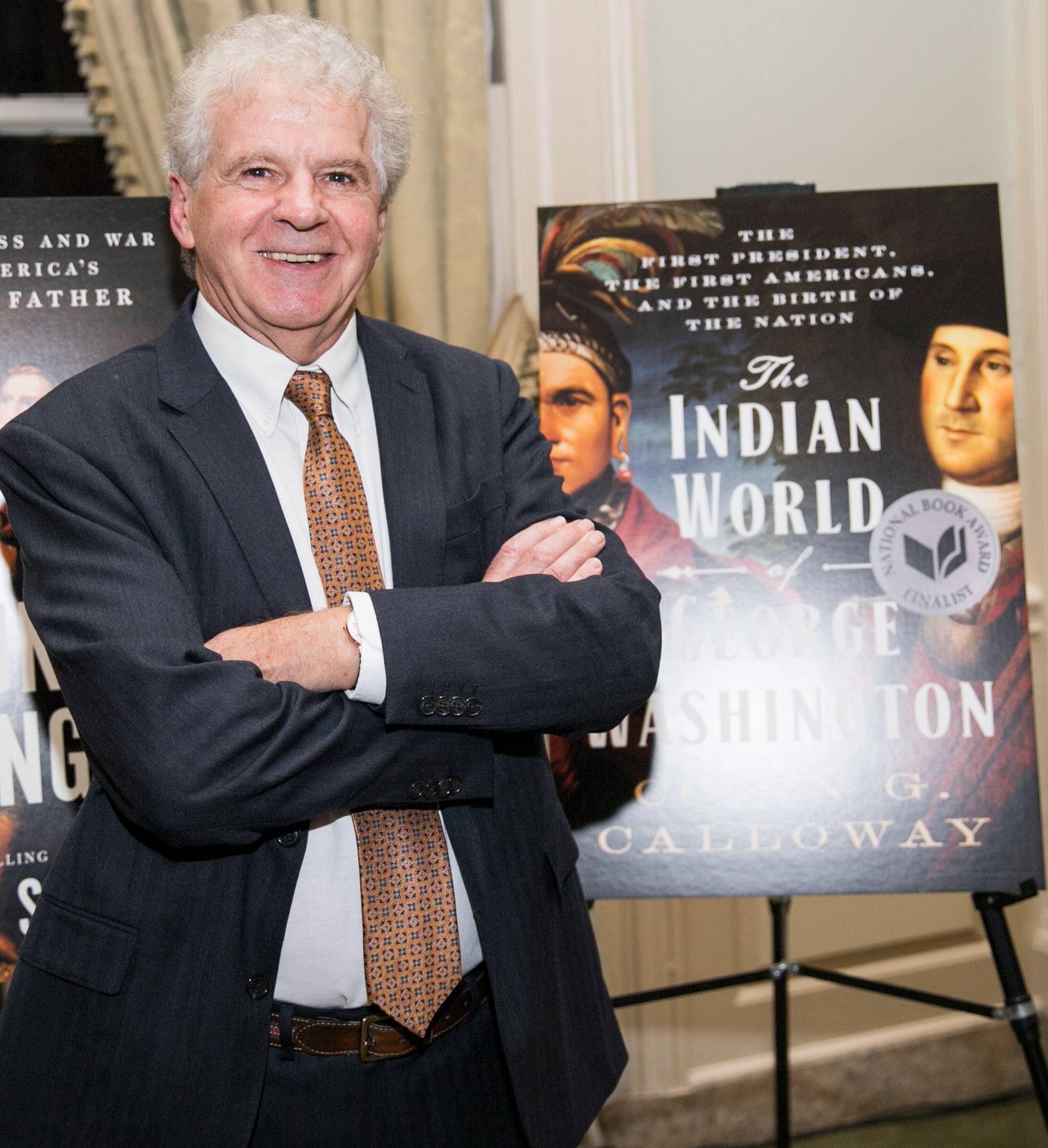
Key aspects of Native American history will be studied, including the Columbian Exchange, war and diplomacy in early America, US Indian policy; Indian removals, indigenous responses to American expansion west of the Mississippi, and the survival and revival of tribal nations in the twentieth and twenty-first centuries.
Rehearsal for Equality: American Women from the Revolution to Seneca Falls with Carol Berkin, Presidential Professor of History, Emerita, Baruch College, City University of New York
This seminar will trace both the intellectual debates and the arguments that found their way from the eighteenth century to the Declaration of Sentiments and the activities of women in both centuries that produced a woman suffrage movement.
Slavery, Abolition, and Their Afterlives in the Long Nineteenth Century with Manisha Sinha, Draper Chair in American History, University of Connecticut
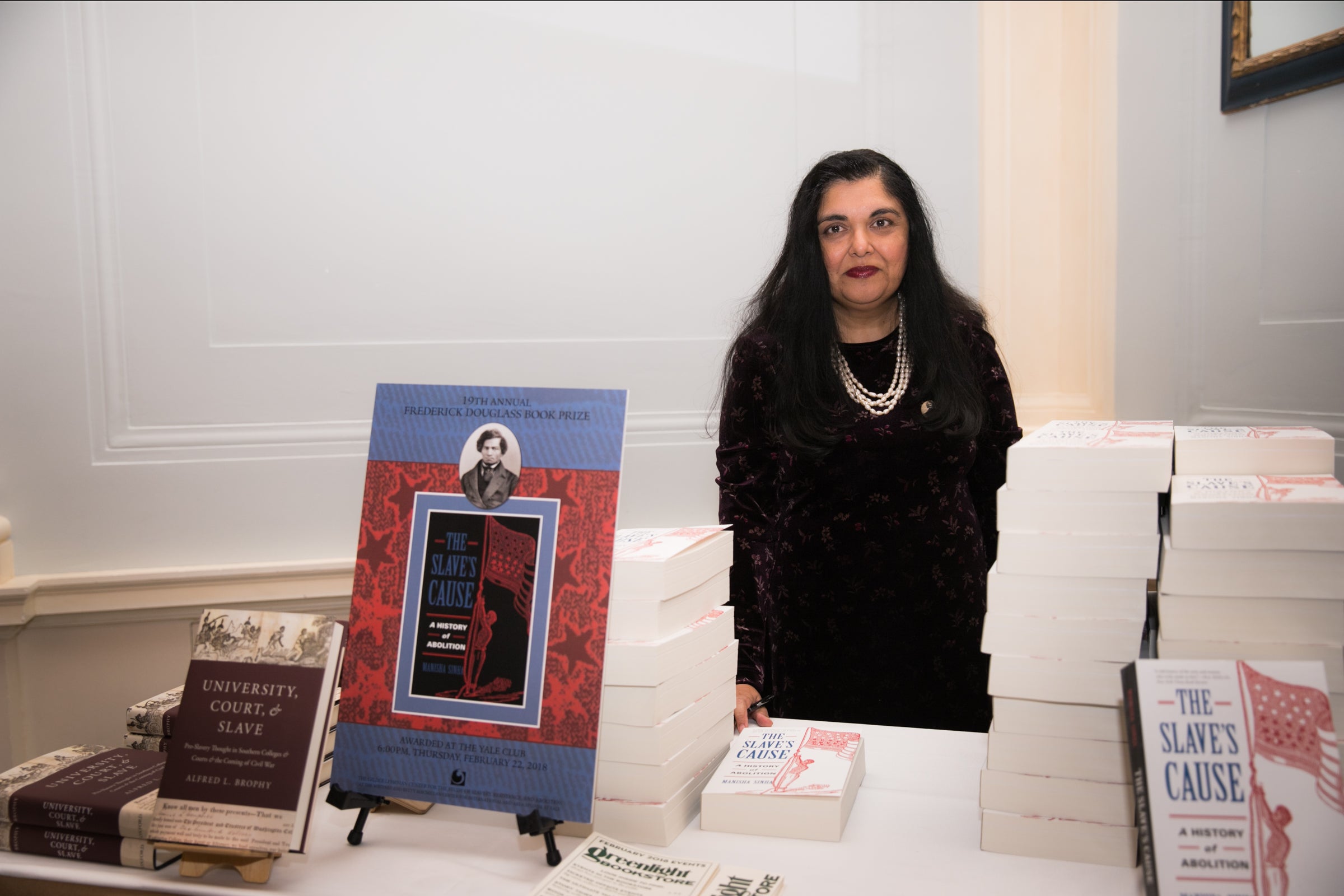 This seminar will examine the problem of slavery and the struggle to abolish it in the United States, from the entrenched place of racial slavery in the nation’s and global political economy to the attempt to establish an interracial democracy in the postwar South and its ultimate overthrow through a combination of racial terror, political reaction, legal retrenchment, and northern apathy.
This seminar will examine the problem of slavery and the struggle to abolish it in the United States, from the entrenched place of racial slavery in the nation’s and global political economy to the attempt to establish an interracial democracy in the postwar South and its ultimate overthrow through a combination of racial terror, political reaction, legal retrenchment, and northern apathy.
The West and the American Nation with Elliott West, Alumni Distinguished Professor, University of Arkansas
Trace the expansion of the United States to the Pacific, the exploration of the West, the defeat and dispossession and profound tragedy of its Native peoples, and environmental transformations unmatched at few if any other places on earth.
The American Civil War — Its Enduring Meaning with Allen C. Guelzo, Director, James Madison Program Initiative on Politics and Statesmanship, Senior Research Scholar in the Council of the Humanities, Princeton University
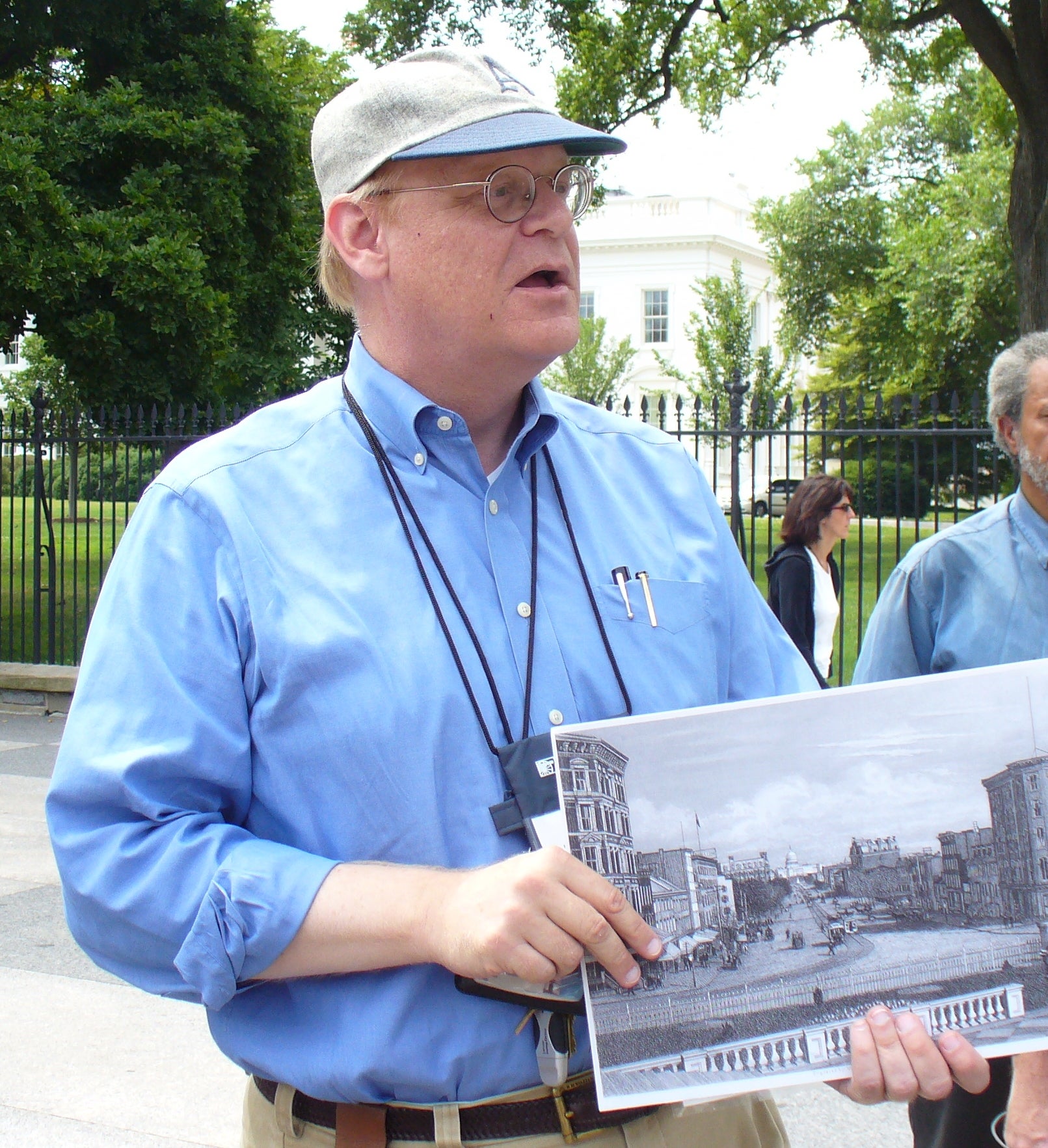
What were the complicated causes of the Civil War? Why was it so costly in terms of life and material? What did it actually accomplish—a restoration, or a revolution, or both? The answers are the issues Americans still wrestle with today.
The Life and Writings of Frederick Douglass with David W. Blight, Sterling Professor of History, African American Studies, and American Studies; Director, Gilder Lehrman Center for the Study of Slavery, Resistance, and Abolition, Yale University
This seminar will be an examination of Douglass’s work, as activist and intellectual, as well as an assessment of his personal life led by his most recent Pulitzer Prize–winning biographer.
The Changing Supreme Court: Yesterday, Today, and Tomorrow with Bruce Allen Murphy, Fred Morgan Kirby Professor of Civil Rights, Lafayette College
Survey the legal, historical, and political context for the key decisions of the Supreme Court that will help educators understand and teach the cases featured on the redesigned AP Government and Politics exam.
Immigrants and Refugees in US History with Mae M. Ngai, Lung Family Professor of Asian American Studies and Professor of History, Columbia University
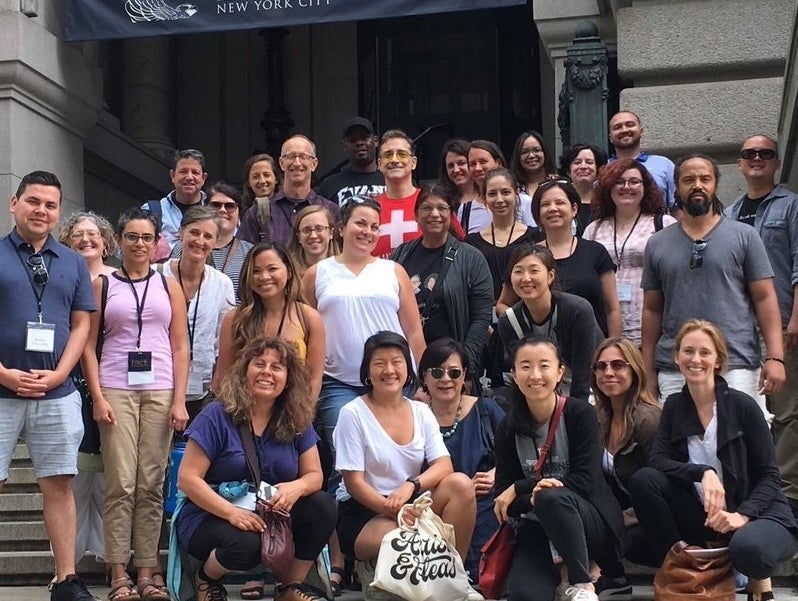 The seminar will explore and compare migrations from the early twentieth century, when there were virtually no restrictions or legal distinctions, and the late twentieth century, when mass immigration is governed by restrictive immigration and refugee policies, producing different kinds of migrant experiences, reception, and integration.
The seminar will explore and compare migrations from the early twentieth century, when there were virtually no restrictions or legal distinctions, and the late twentieth century, when mass immigration is governed by restrictive immigration and refugee policies, producing different kinds of migrant experiences, reception, and integration.
The Presidency of Franklin Roosevelt with Eric Rauchway, Distinguished Professor of History, University of California, Davis
Seminar participants delve into Roosevelt’s presidency, through recovery from the global depression to victory in the second world war.
The Vietnam War with Robert K. Brigham, Professor of History on the Shirley Ecker Boskey Chair, Vassar College
Explore the origins, course, and impact of America’s involvement in Vietnam, with emphasis on the evolution of US diplomacy, the formulation of military strategy, the domestic impact of the war, and the perspective of Vietnamese revolutionaries.